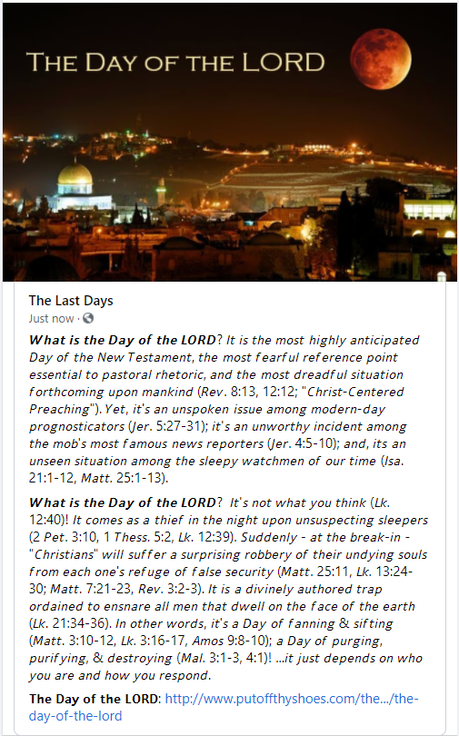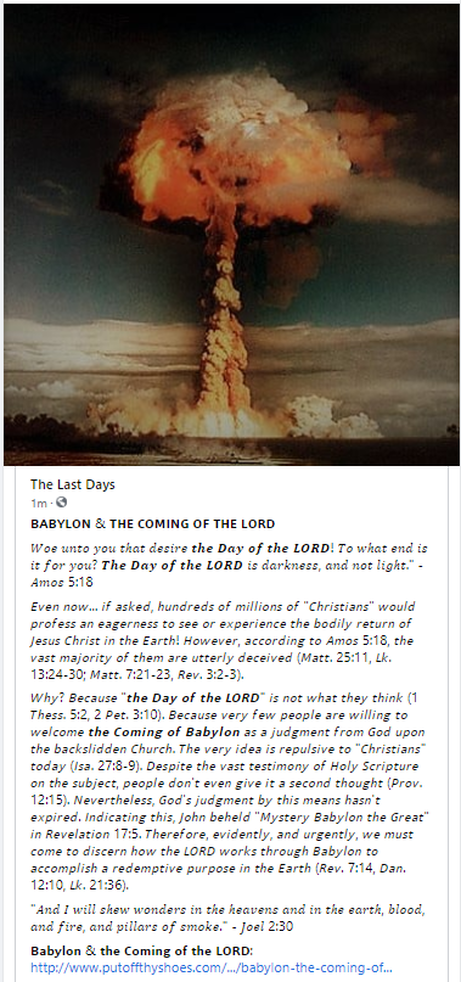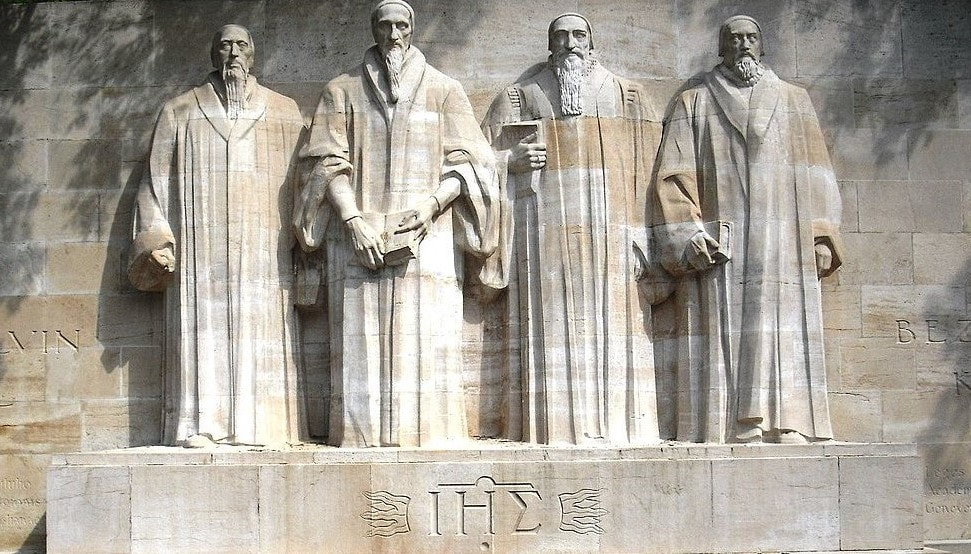The Church isn’t a building. You can’t go to Church. It’s only possible to become the Church through a miraculous conversion to Jesus Christ by the power of the Gospel. Just because you go to a building on Sunday doesn’t make everything okay! “Churches” are filled with hypocrites these days (Heb. 10:26-27); and hell is full of “Church” goers (Matt. 7:21-27).
ἐκκλησία (ekklēsia) = Called Out Ones
The Church isn’t a place; it’s a people! Literally, the Church in the Bible is the people of God, or an assembly of Called Out Ones, who have become the people of God through the power of the Gospel. This isn’t speaking about you answering an invitation to attend a building for a service. This isn’t a work of man. You can’t decide to become the Church whenever you please, even if you are called out of your house to join a meeting. God performs “the calling” through a revelation of Jesus Christ in the Gospel.
“But ye are a Chosen Generation, a Royal Priesthood, an Holy Nation, a Peculiar People; that ye should shew forth the praises of Him who hath called you out of darkness into his marvellous light: Which in time past were not a people, but are now the people of God: which had not obtained mercy, but now have obtained mercy.” - 1Pe 2:9-10
The Divine Call: Acts 7:38, Hos. 11:1, 1 Pet. 2:9-10, 1 Thess. 2:11-12, 1 Cor. 1:9, 1 Pet. 2:21, Eph. 4:1, Col. 3:15, 2 Pet. 1:3, 1 Thess. 4:7, 1 Tim. 6:12, Heb. 11:8-9, 2 Cor. 6:14-18, 1 Pet. 2:11, Heb. 3:1
Radically depraved sinners sit in gross darkness (Isa. 60:2-3). They are alienated from the life of God (Eph. 4:17-19). They don’t know God (1 John 2:3-4; Jn. 17:3). Nevertheless, through an irresistible divine call, sinners are called out of darkness into the marvelous light of Jesus Christ like in the Genesis of time, when God said, “Let there be light: and there was light.” (Gen. 1:3-4). Marvelously, the divine power that was at work in the creation of light in the beginning of the world is again at work in the new creation (2 Cor. 4:3-6, 5:17); “…and God divided the light from the darkness.” (Gen. 1:4).
“Be ye not unequally yoked together with unbelievers: for what fellowship hath righteousness with unrighteousness? and what communion hath light with darkness? And what concord hath Christ with Belial? or what part hath he that believeth with an infidel? And what agreement hath the temple of God with idols? for ye are the temple of the living God; as God hath said, I will dwell in them, and walk in them; and I will be their God, and they shall be my people. Wherefore come out from among them, and be ye separate, saith the Lord, and touch not the unclean thing; and I will receive you, And will be a Father unto you, and ye shall be my sons and daughters, saith the Lord Almighty.” – 2 Cor. 6:14-18
“If ye were of the world, the world would love his own: but because ye are not of the world, but I have chosen you out of the world, therefore the world hateth you.” – John 15:19
Wherever two or three real Christians are gathered together in company with Church Officers (Eph. 4:11), no matter where they are assembled, this is a Church in the sight of God (Matt. 18:18-20). As a body of true believers, the Church is commanded to “go” into all the world and preach the Gospel (Matt. 16:15), rather than to bring the world into the Church. “And the Lord added to the Church daily such as should be saved.” (Acts 2:47). Not just anyone should be allowed to associate with the holy name of Jesus Christ! This distorts the Gospel and confounds the meaning of salvation in Christianity before nonbelievers. In other words, the name of Jesus Christ must be purified from sinners and false converts! “Therefore put away from among yourselves that wicked person.” (1 Cor. 5:9-13).











 RSS Feed
RSS Feed